
[caption id="AroundOurScepteredIsle_img1" align="aligncenter" width="378"]
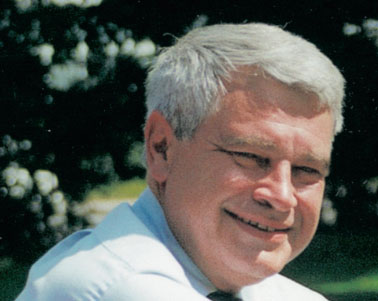
DANA HUNTLEY
The Saltaire in the Air
AMONG THE UNDERCURRENTS in British public debate these days, especially north of the Tweed, is the nominal notion of full independence for Scotland. The increasing electoral strength of the fiercely pro-independent Scottish National Party (SNP) has shaken the foundation of Labour’s political hegemony over the kingdom. Still, it seems the battle drum is being beaten by a relatively noisy few. When I recently landed in Edinburgh, the city was awash in bills proclaiming a public march for independence the following day along the Royal Mile to the new houses of the Scottish Parliament at Holyrood. A rally at Holyrood Park would conclude the afternoon events.
[caption id="AroundOurScepteredIsle_img2" align="aligncenter" width="547"]
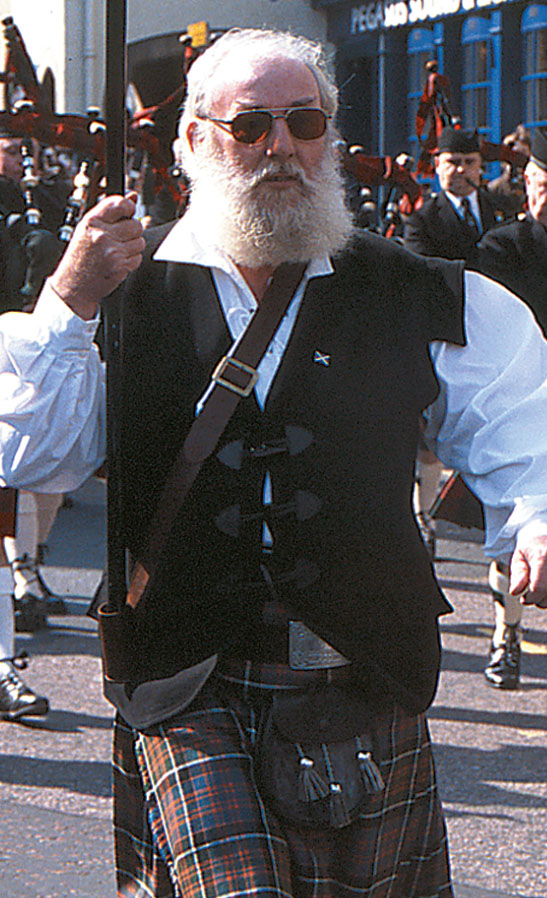
DANA HUNTLEY
After pottering about on the Royal Mile the next morning, I eagerly joined a gaggle of journalists and camera-toters at the lower end of the parade route. The event proved colorful indeed, but somewhat under-whelming. While I had anticipated a crowd of multiple thousands, in fact, it numbered only a few enthusiastic hundred. The bustling city crowd on a spring Saturday afternoon largely ignored the happening.
The first speaker on the bandstand in the park duly cried that after 300 years of Union, “It’s time to take our country back!” Sooner or later, a referendum on the issue will be placed in front of Scottish voters. That afternoon, at least, Edinburgh yawned and went shopping on Princes Street. South of the border, the English are yawning as well. “If they want to be independent, let ’em” was a common refrain I heard.
Dickens World at Chatham Dockyard
IT HAD TO HAPPEN SOONER OR LATER. A new £62 million theme park, Dickens World, has opened at the former site of the Royal Naval Dockyard in Chatham, where Dickens’ father worked. More than 300,000 visitors a year are expected at the giant new indoor attraction based on the work of the popular Victorian novelist. Builders insist that they are not Disneyfying Dickens and that the replication of a dark, dirty London replete with thieves, murderers and ghosts was built in consultation with Dickens experts. Visitors can take a boat ride in a London sewer, get a measure of Victorian discipline in an 1832 schoolroom and do a turn in Newgate Prison. The ghost of Jacob Marley presumably clanks about the Haunted House of Ebenezer Scrooge. The children’s play area is called Fagin’s Den, and you can buy your souvenirs in the Old Curiosity Gift Shop. It all sounds pretty Disney to me, but, in fact, Dickens was a showman. He probably would have loved it.
[caption id="AroundOurScepteredIsle_img3" align="aligncenter" width="610"]
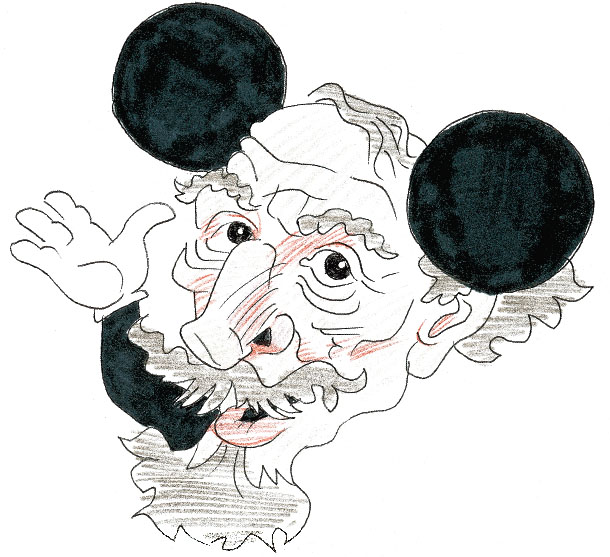
MICHAEL FOOP
Who’s Sorry Now?
THE 200TH ANNIVERSARY of the abolition of the slave trade is being duly remembered and talked about in Britain. The movie Amazing Grace is getting a bigger play there, and the anniversary is the subject of talk shows. The Queen attended a commemorative service at St. Paul’s Cathedral that was interrupted by a black activist calling for a formal apology.
Whether or not the Queen and/or British government should pronounce, however belatedly, some sort of formal apology for the past’s slave trade became a topic of lively popular debate. I found myself siding with former archbishop Lord Carey, who concluded that any such gesture was essentially falsely placed and that our responsibility lay rather in actively combating the evil of the slave trade still going on in the world today.
[caption id="AroundOurScepteredIsle_img4" align="aligncenter" width="657"]
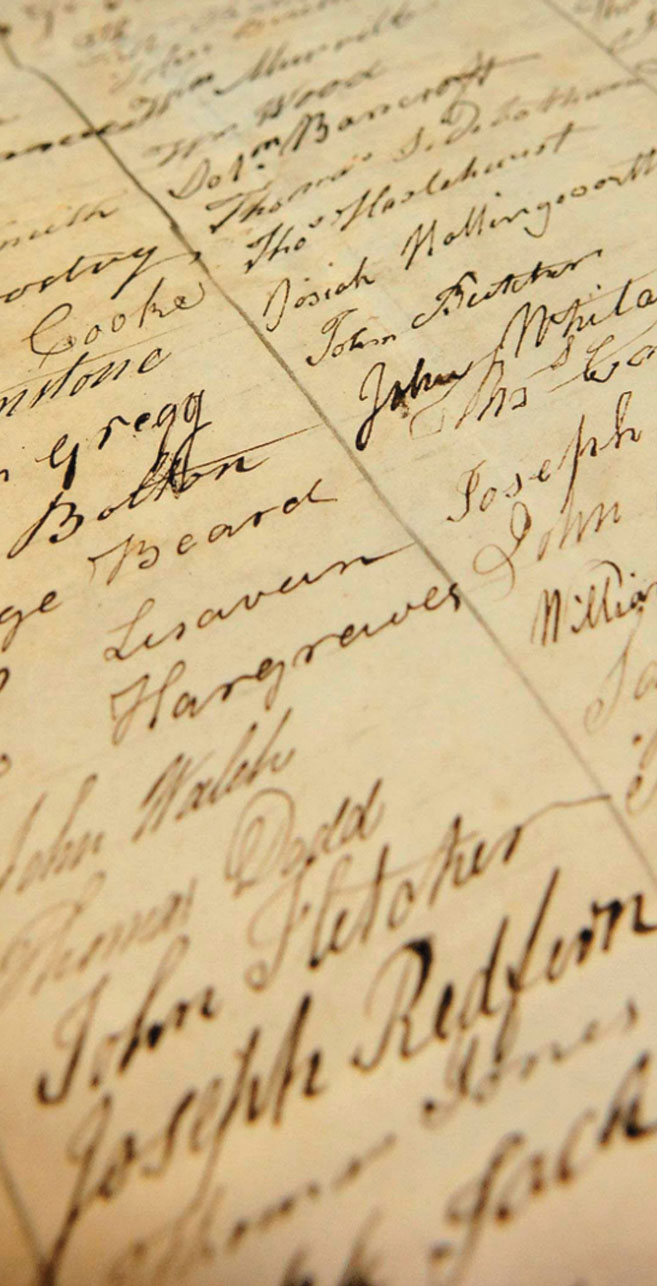
STEFAN ROUSSEAU/PA WIRE/PA PHOTOS
The Great British Identity Crisis
WHEN SIÂN ELLIS ASKED me recently what was my biggest impression of Britain today, it was an easy query to answer. Great Britain is having an identity crisis.
The signs are everywhere. Though cooler heads for now prevail, the voices for full Scottish independence are loud and in the news. Welsh nationalism may be more cultural than political, but it too is a present force in the British consciousness. The result has been increased English nationalism as well.
[caption id="AroundOurScepteredIsle_img5" align="aligncenter" width="485"]

DANA HUNTLEY
The flag of St. George used to be a rare sighting across England. Now, it flies everywhere in a hundred decorative forms. These leitmotifs of British consciousness, though, have been always present if largely muted over the last couple of centuries.
Beyond the regional loyalties of Britain’s three constituent nations, though, there has long been a unity of identity much weakened over the past two decades. When Britain opened its borders to easy Commonwealth immigration after World War II, millions of former colonists from the West Indies, Africa, the Indian subcontinent and elsewhere took advantage of the opportunity to create better lives for themselves in Britain. The vast network of Britain’s statepaid social services inevitably encouraged abuse of the system, resulting in the UK’s attractiveness as a magnet for illegal immigration.
Now, the easy open borders of an expanding European Union have brought a huge influx of Eastern European economic migrants seeking the same opportunities. I noticed dramatically this spring that it is a rare thing in London now to find a service industry worker whose native language is English.
Meanwhile, the naturally xenophobic British have been generous with their tax dollars to their non-Anglo-Celtic newcomers, but failed to integrate and enfold them into their society and national identity. Ethnic communities, not to say ghettos, were allowed to build in East London, Leicester, Bradford, Birmingham and virtually every urban British area, where overseas visitors to Britain don’t stray very often. Liberal government grants virtually encouraged their separate social clubs, cultural and religious organizations.
Today, as the latest round of Eastern European incomers further floods the market in lowend labor and the various tentacles of the Muslim caliphate menace their own inner cities, Britain is asking itself where its national identity has gone. The public dialogue includes how British citizenship and identity should be taught in schools; TV specials search probingly for Middle England.
We might be wise to watch how this national reevaluation of identity in Great Britain plays out in coming months. It could teach us lessons for our own not too distant future in the States.
[caption id="AroundOurScepteredIsle_img6" align="aligncenter" width="661"]
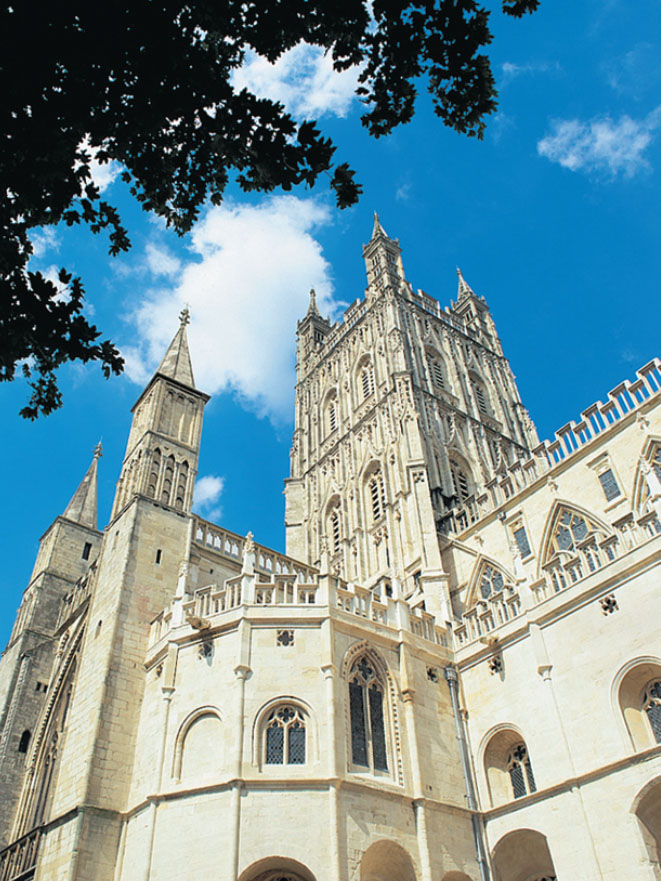
COURTESY OF THE GLOUCESTERSHIRE TOURISM COUNCIL
Paying Visits to Cathedrals
THE CHURCH OF ENGLAND has come under mounting criticism over its practice of charging admission to a number of popular cathedrals, including St. Paul’s and York Minster. While the morality of such charges has been controversial for years, and debated in the Church’s General Synod, the matter has come under increased fire in view of the Church’s appeal to the Government for substantial funding so these ancient cathedrals can be spruced up in time for London’s 2012 Olympics.
For years, I bristled at the idea of having to pay admission to such venerable houses of worship, but my perspective has changed considerably. After all, I wasn’t worshipping. If I arrive to visit a great historic cathedral such as Lincoln or Salisbury, it is generally to see the place as an ancient monument rather than as a gathering place for public worship. Never once has admission been charged an individual attending services at these cathedrals. It costs millions of pounds to maintain these magnificent medieval edifices.
It should not be up to the Government to support them, nor can their care be left to the dwindling resources of the Church. Shall we let them crumble? It seems only just that those of us who visit them as tourists should contribute to their support. Attending the glorious choral evensong is a worthy option as well.
The Falklands War 25 Years Later
[caption id="AroundOurScepteredIsle_img7" align="aligncenter" width="1024"]
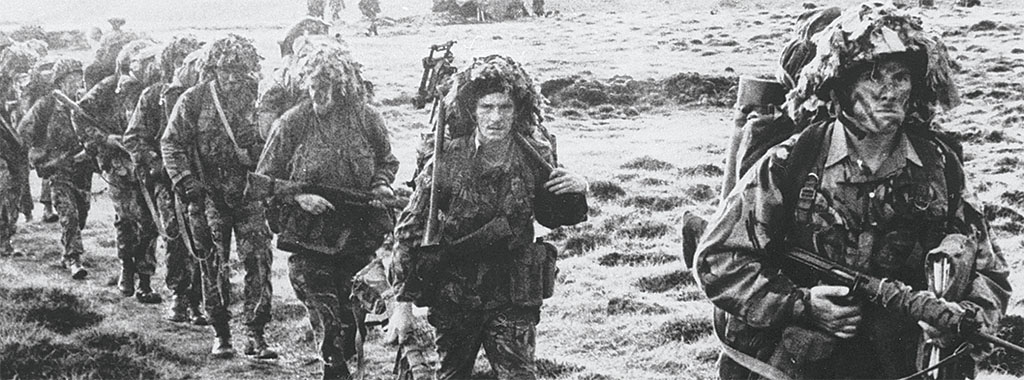
GETTY IMAGES
THERE HAS BEEN PLENTY OF retrospective this year in Britain on the 25th anniversary of the Falklands War: television specials and talk shows, public dialogue and services of remembrance. It seems like yesterday. I can remember that summer of 1982 buying pints for British soldiers (down in Penzance) just back from the islands.
Britain’s spirited, swift and decisive response to Argentina’s occupation of the British island dependency was the last time British territory has been invaded. To engage a major military action under the logistic challenges of the Falklands’ isolated, deep southern location was an extraordinary feat. That Britain did it successfully was a real shot in the arm to the British psyche when it needed it, and a huge feather in the bonnet of its strong-willed prime minister, Margaret Thatcher. In our next issue, Siân Ellis takes a look back at the extraordinary life and career of the woman known as the Iron Lady.
Prince Andrew, you might remember, flew a helicopter in the Falklands. That was the last time a royal had been in harm’s way before the controversy over Prince Harry’s Iraq deployment.
Among the military actions in the short three-month campaign was the sinking of the Argentine cruiser Belgrano by torpedoes of HMS Conqueror. To this day, Belgrano remains the only combat ship ever sunk by a nuclear submarine.
As it happens, British Heritage writer Tim Lynch (“A Century in the Sky”) was in the Falklands as a radio operator in 656
Squadron of the Army Air Corps. His account, from sailing aboard the QE2 to the trudge under fire across East Falkland toward Port Stanley, was featured in the April issue of Military History, also published by British Heritage publisher Weider History Group. Lynch’s first-hand tale, “Ear on the Falklands,” can also be found online at: www.historynet.com/magazines/military_history.
As for the Falkland Islands themselves after 25 years, life there is happy, healthy and prosperous. The population has grown and likes life in the islands.
Cruise ships heading to and from the Antarctic put into Port Stanley, bringing the outside world and outside revenue. Licensing fees for commercial fishing in Falkland waters (including much of the world’s commercial squid) swells the community coffers. Also regular commercial air service connects Port Stanley with Chile and London.
[caption id="AroundOurScepteredIsle_img8" align="aligncenter" width="644"]
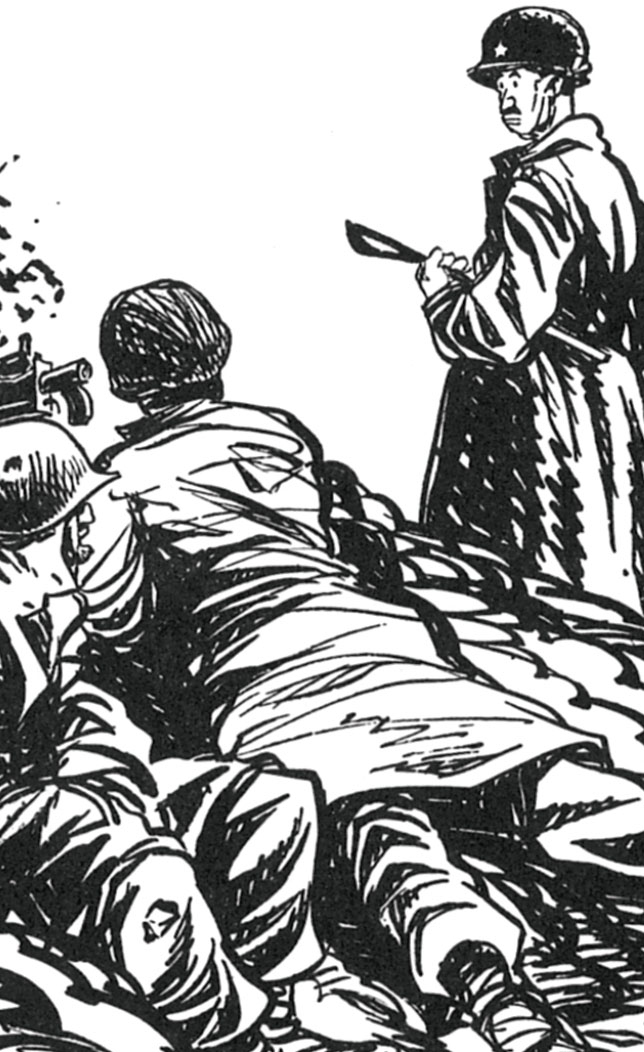
UP FRONT BY BILL MAULDIN
“Sir, do you hafta draw fire while yer inspirin’us?”
Way back in World War II, famed cartoonist Bill Mauldin captured perfectly the dilemma created over sending Prince Harry into harm’s way in Iraq. Professional soldiers know that you don’t take unnecessary risks with the lives of your troops just to score points back home.
[caption id="AroundOurScepteredIsle_img9" align="aligncenter" width="1024"]
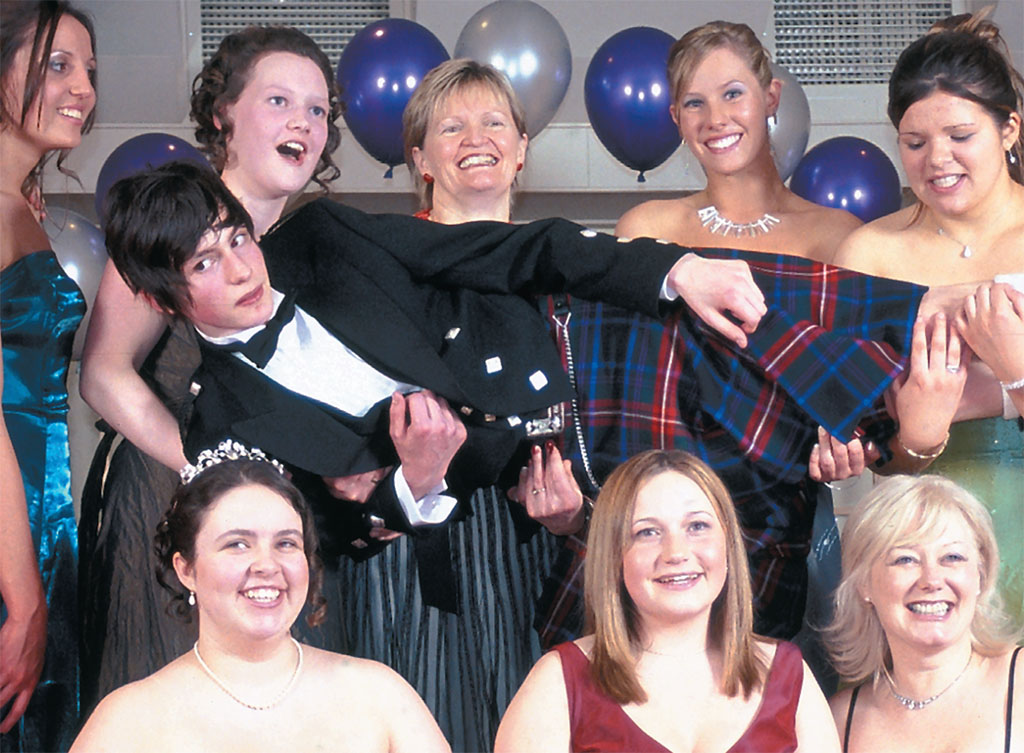
DANA HUNTLEY
[caption id="AroundOurScepteredIsle_img10" align="aligncenter" width="628"]
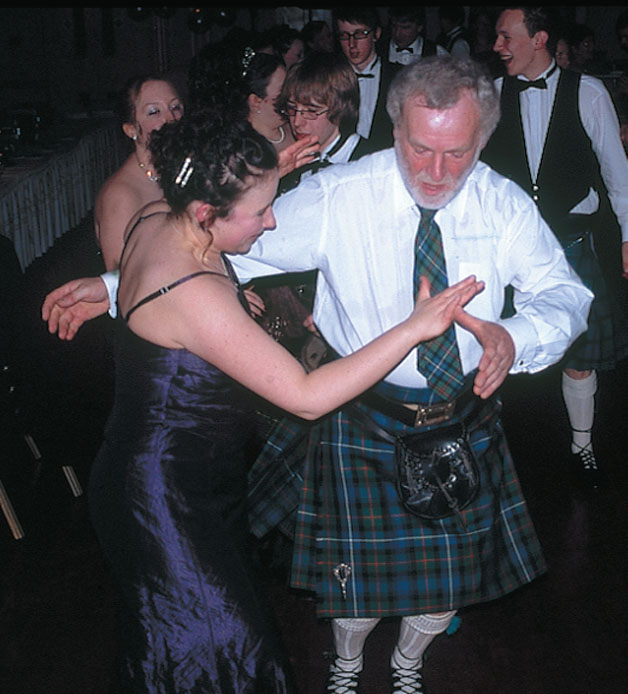
DANA HUNTLEY
[caption id="AroundOurScepteredIsle_img11" align="aligncenter" width="628"]
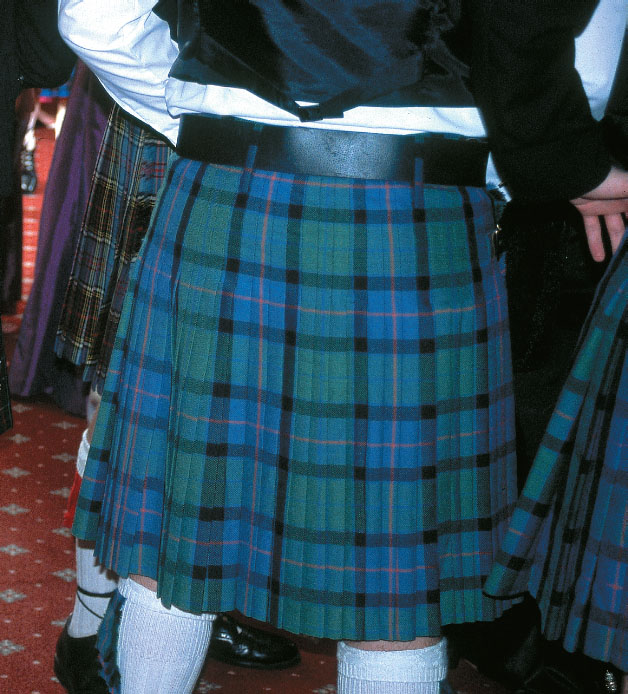
DANA HUNTLEY
[caption id="AroundOurScepteredIsle_img12" align="aligncenter" width="1024"]
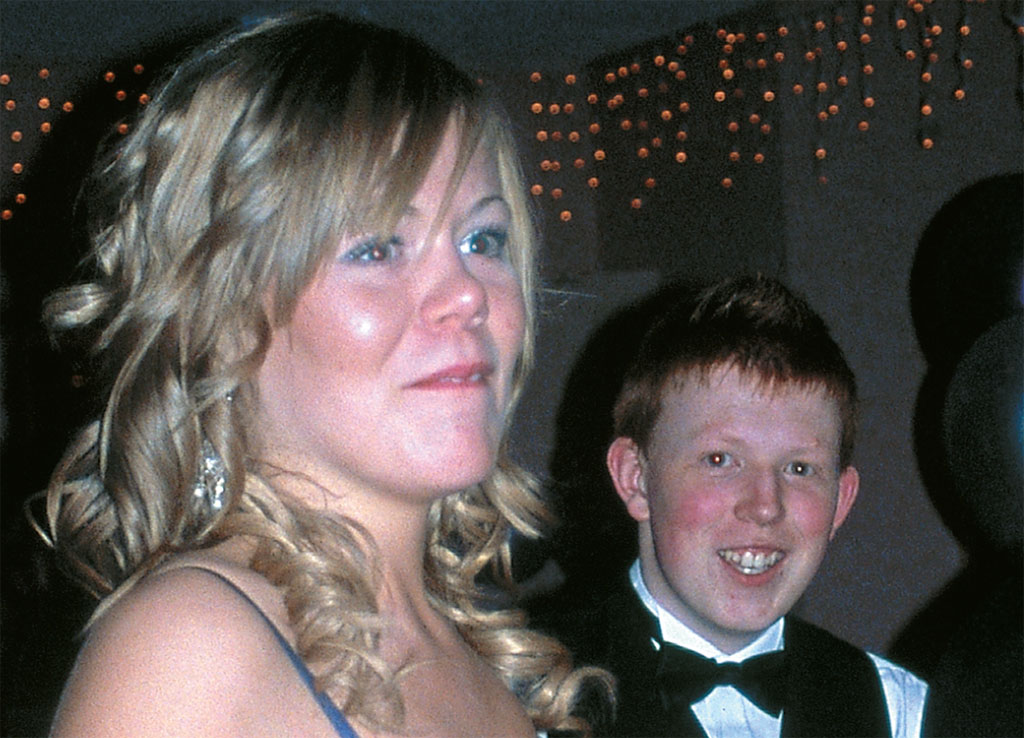
DANA HUNTLEY
[caption id="AroundOurScepteredIsle_img13" align="aligncenter" width="1024"]
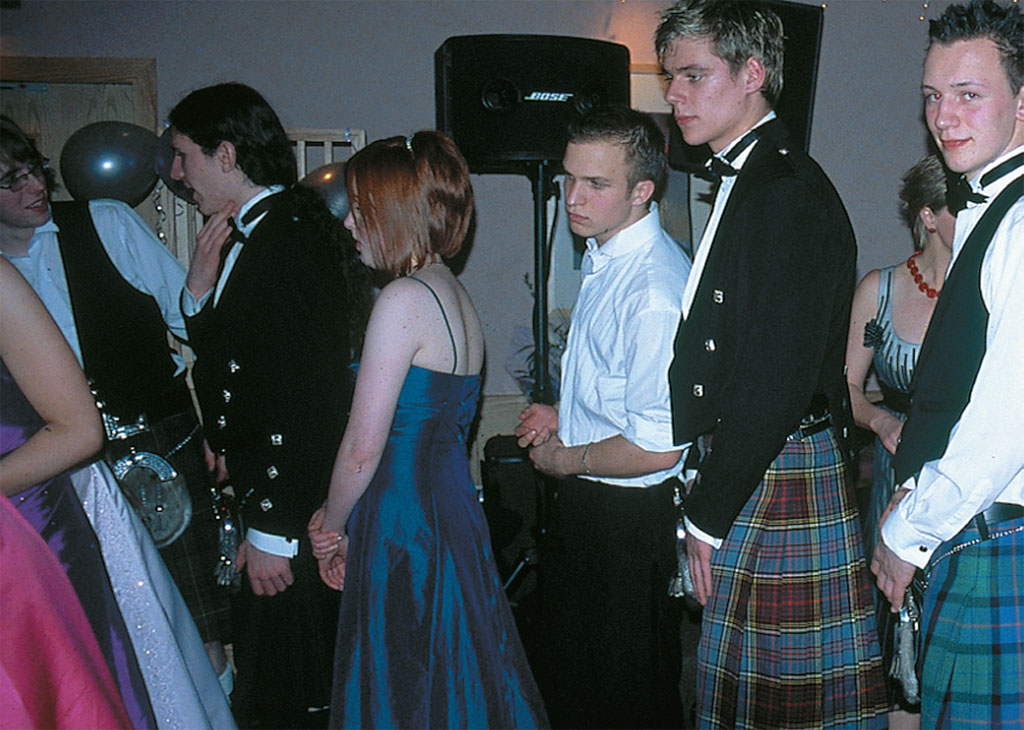
DANA HUNTLEY
Promming on the Borders
DETOURING UP THE RIVER TWEED into Kelso from the Great North Road recently, I lodged at the Cross Keys Hotel on Kelso’s medieval Market Square. It happened to be the night of the Sixth Form Prom of Kelso High School. I ate spaghetti Bolognese for supper in the lounge bar while the excited parade of teens promenaded through on their way to the upstairs ballroom.
Headmaster Charley Robertson (the light-footed gent dancing at left) gave me permission to take some pictures, and I spent a delightful part of the evening among the splendidly garbed and courteous young people. It was certainly not a senior prom that would be recognizable to most American teens.
The evening was in fact a ceilidh ball, and these kids know how to dance!
As the party broke up at midnight, I leaned out the open window of my third-floor front room and watched them disperse in good spirits into the waiting party limousines and cars of waiting parents. As the cobbled market square became quiet, the last three boys, in kilts and coatees, clattered across the foggy square in their brogues and disappeared into the damp night.





Comments